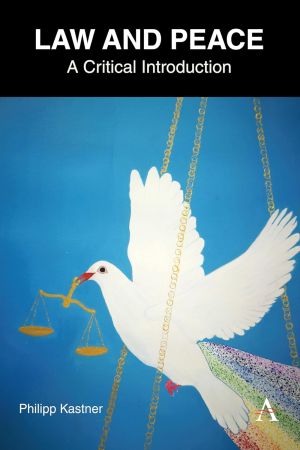
This book provides a critical introduction to the multifaceted relationship between law and peace. It introduces the reader to different conceptions of both law and peace, highlighting non-dominant conceptions, and considers the historical and hegemonic dimensions of this relationship. One of the main objectives is to critique the ways in which law has tried, often unsuccessfully, to prevent and resolve armed conflict and to promote peace.
The book draws on several critical theories, including postcolonial studies, feminist and queer approaches as well as legal pluralism, to review the prevailing (neo-)liberal legal approaches to peace and peacemaking and their focus on state sovereignty, national interests, and state-based institutions. Emphasizing the plural nature and relational aspects of law and peace, the book seeks to challenge common assumptions about law and peace and outlines further opportunities for law to play a more constructive role in this regard.
This book hence offers a comprehensive and fundamental critique of the relationship between law and peace. It also innovates through its creative reliance on several critical theories.